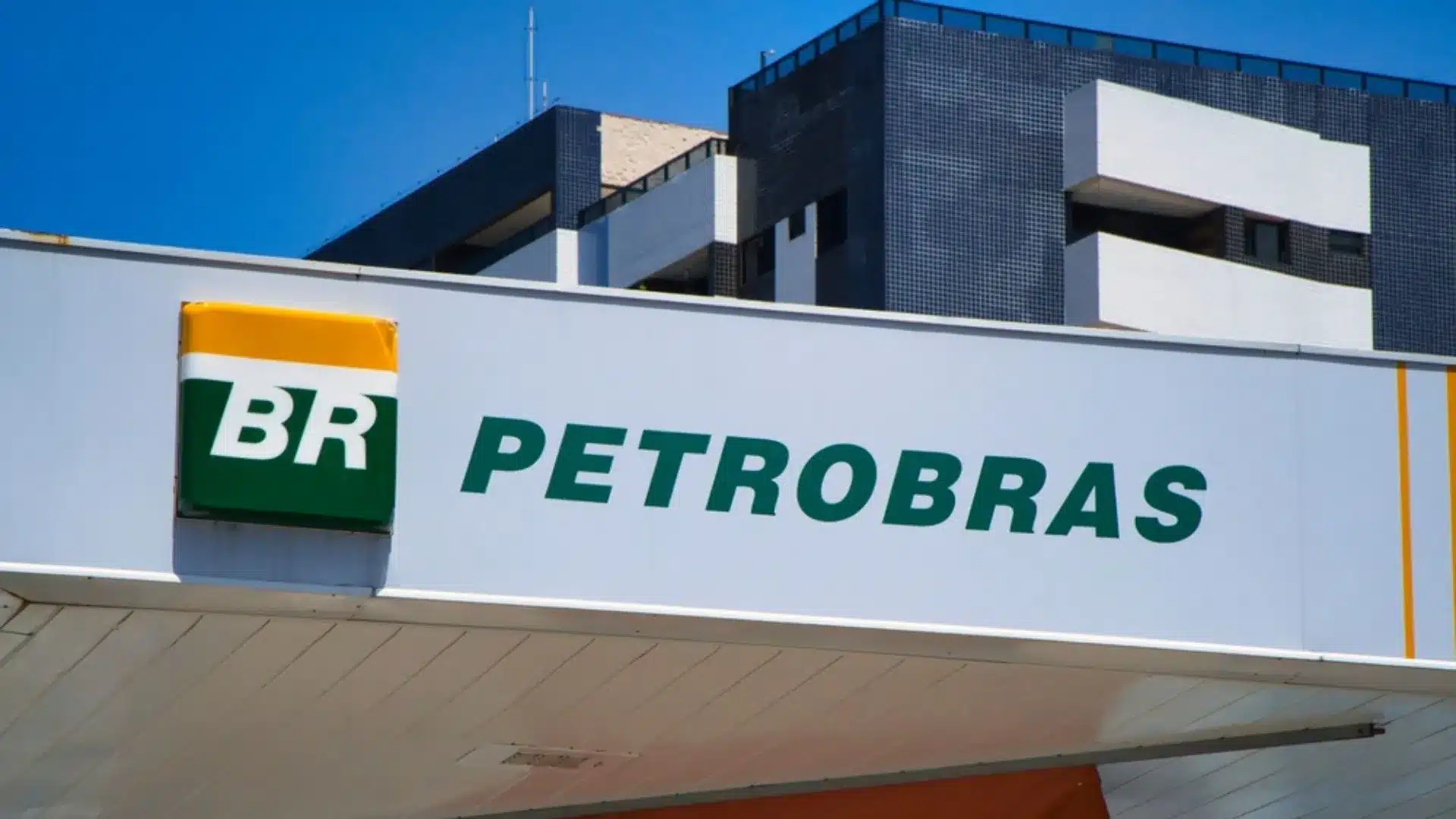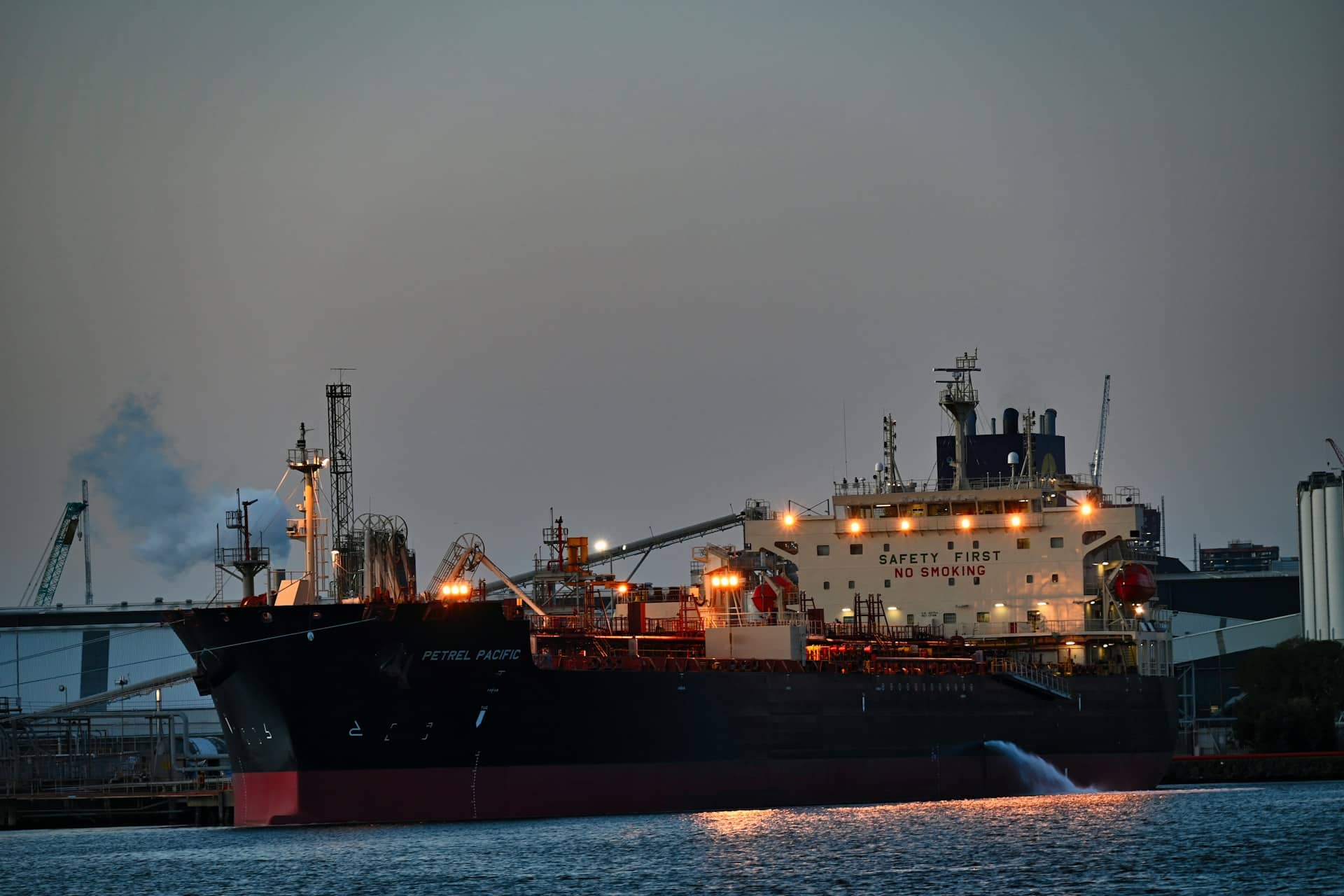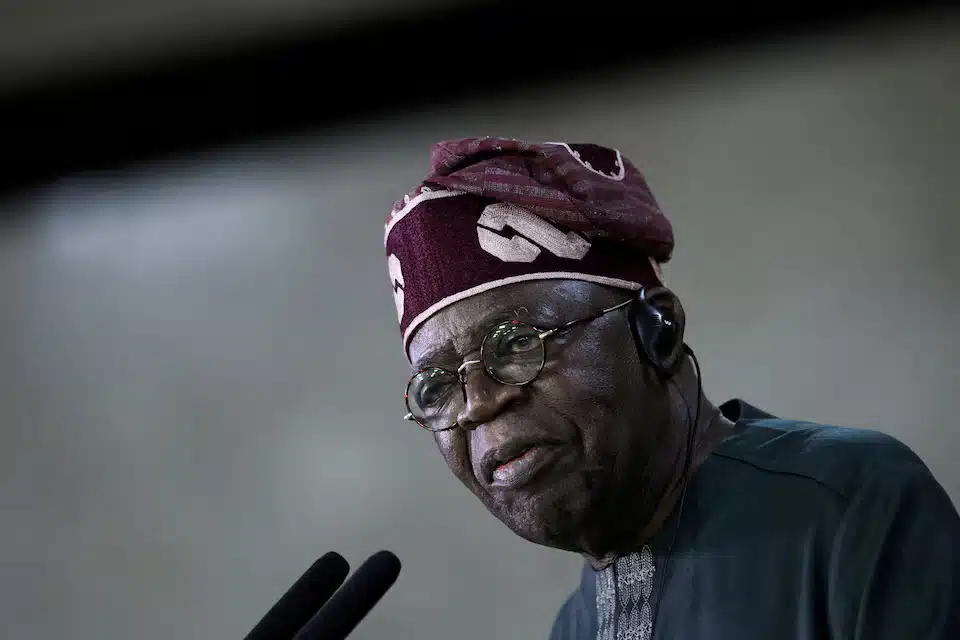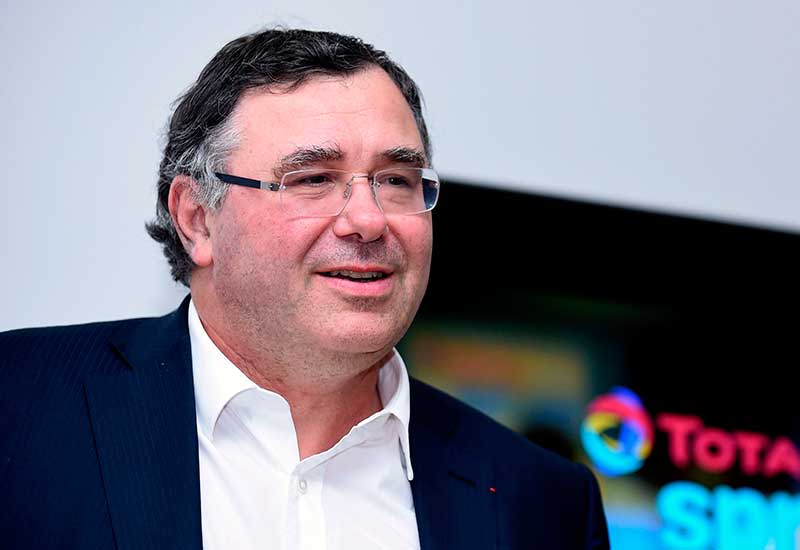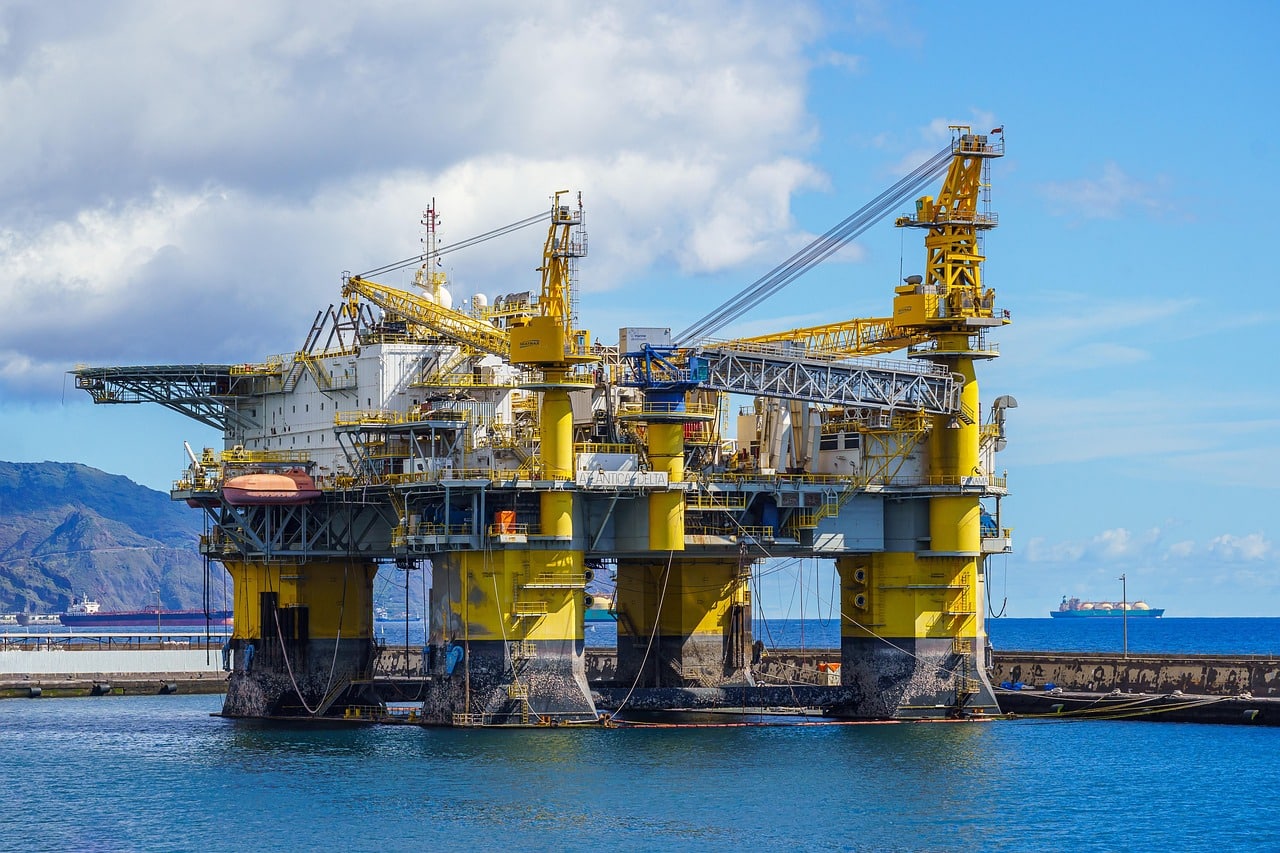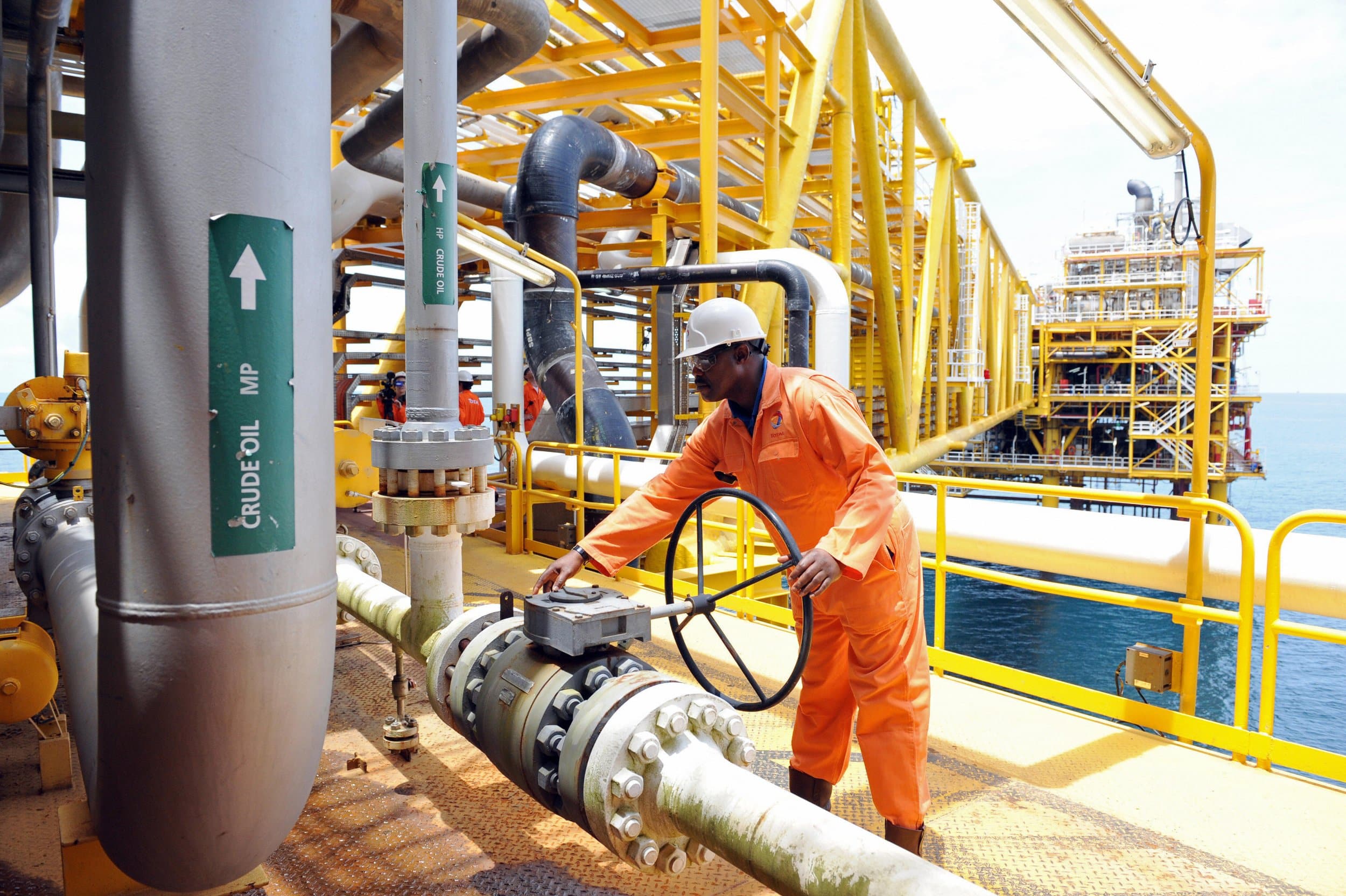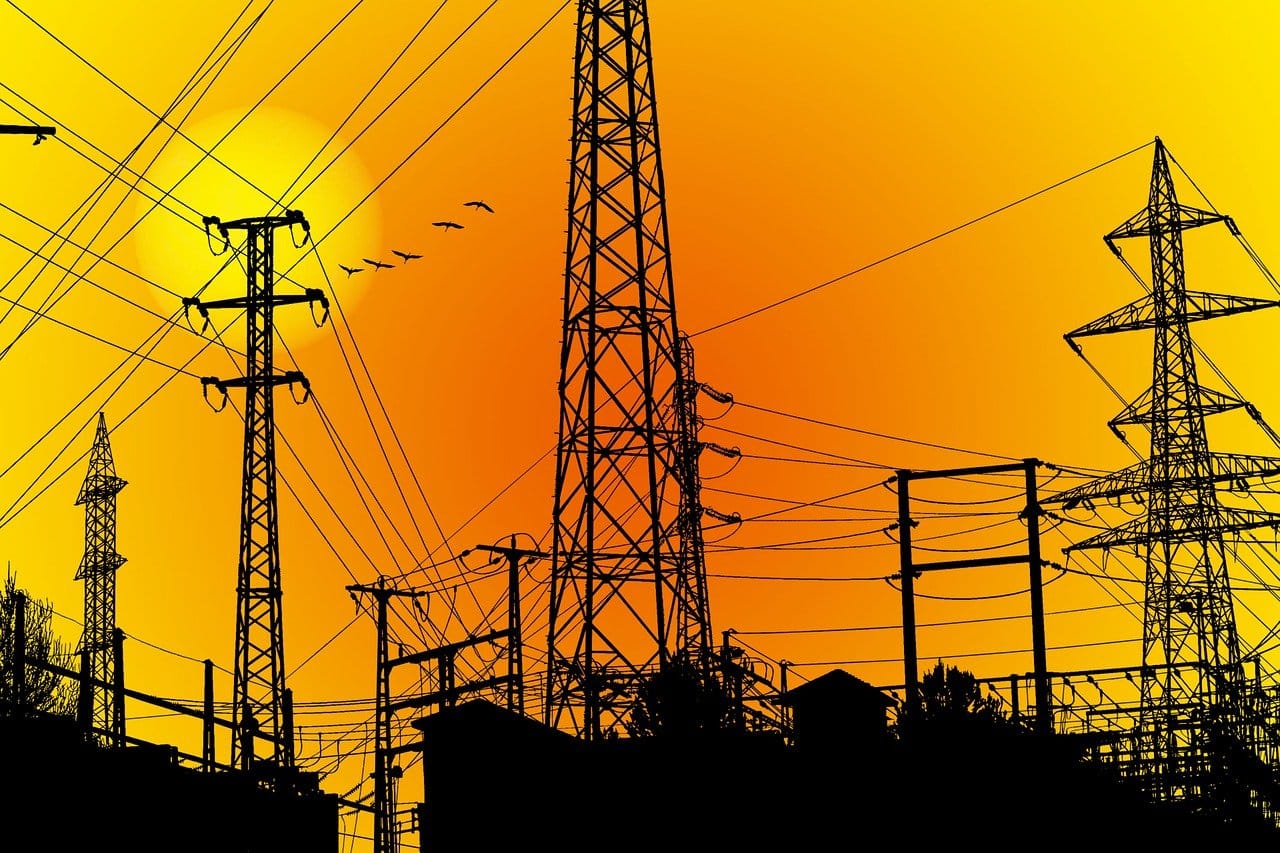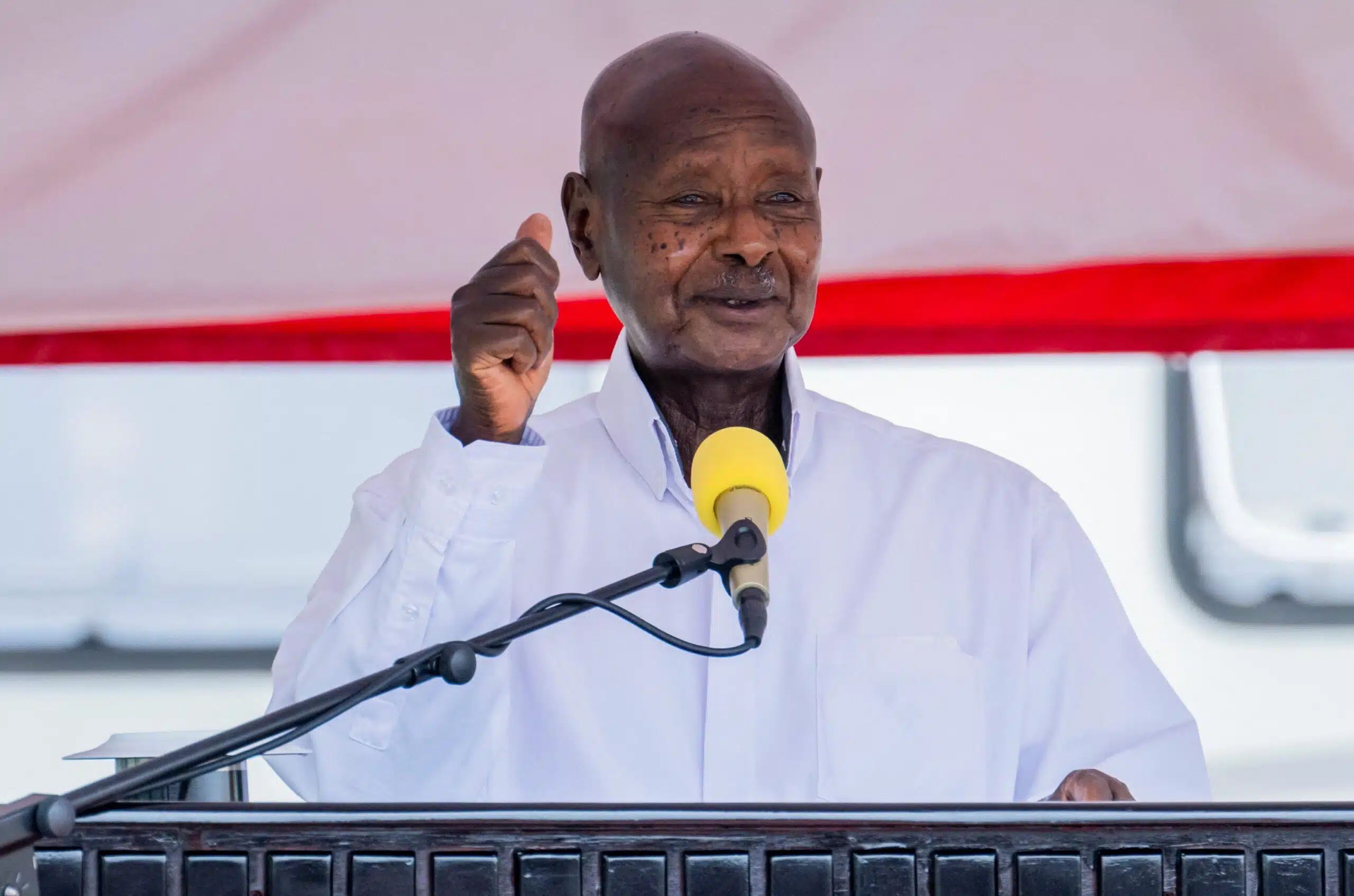The return of Brazilian state oil giant Petrobras to Nigeria now appears imminent, as diplomatic discussions between Nigeria and Brazil continue to advance.
Petrobras is Brazil’s largest oil and gas company, and its footprint across Africa over the years has been significant.
In Nigeria, the company began operations in 1998, about 27 years ago, but later decided to exit the country after selling its assets to a consortium of oil firms through a joint venture agreement valued at around $1.5 billion.
Before its exit, Petrobras held stakes in some of Nigeria’s largest deepwater assets — the Agbami, Akpo, and Egina fields.
The company contributed about 21,000 barrels of oil equivalent per day (boepd).
Breakdown of Petrobras’ assets in Nigeria
Petrobras operated in Nigeria through a joint venture arrangement with other oil companies, holding both majority and minority stakes in important oil fields in the Niger Delta region.
The company owned 50% of PO&GBV, which in turn held minority stakes in three major deepwater oil fields operated by international oil companies.
These fields are all located offshore and are high-value producing assets, representing the most lucrative segment of Nigeria’s oil industry.
Petrobras held an 8% stake in the Agbami field, one of Africa’s largest deepwater oil fields. At its peak, Agbami produced about 250,000 barrels of crude oil per day, making it one of the biggest contributors to Nigeria’s overall oil production.
Chevron has remained the majority stakeholder with 67%, while other stakeholders include Famfa Oil (10%), NNPC through NPDC (12.5%), and Equinor (20.2%).
In 2024, Equinor exited Nigeria completely, selling its assets to Chappal Energies. Prior to the sale, the Norwegian oil firm had operated in the West African nation for 31 years.
Petrobras had earlier sold its own stakes to a consortium of companies after leaving the country.
Additionally, Petrobras held an indirect 16% interest in Oil Mining Lease (OML) 130 through PO&GBV. This block is operated by TotalEnergies and includes the Akpo field.
Why Petrobras turned its back on Nigeria
The departure of the Brazilian oil company was a calculated and strategic move as it scaled back its portfolio in Nigeria and other African countries.
Petrobras had been grappling with financial challenges and with meeting shareholder and investor obligations across its oil fields.
In 2020, after selling its Nigerian assets for about $1.5 billion, the company explained that the decision was taken to improve “capital allocation” and to “generate value” for its shareholders.
Beyond the need to boost capital and profitability, the investment climate in Nigeria in 2020 was considered unfavorable for international oil companies. Regulatory uncertainties and foreign exchange shortages made it difficult for companies to repatriate funds.
This was a year before the passage of the Petroleum Industry Act (PIA), the landmark oil law that transformed how upstream operations are conducted in the country.
Petrobras was not the only company to scale back.
Equinor later finalised the sale of its $1.2 billion assets to Chappal Energies, leaving Nigeria after about three decades of operations.
Shell also initiated the sale of its onshore assets to a consortium of oil companies known as Renaissance, in a transaction valued at about $2.4 billion.
Though the sale was initially delayed due to a court case filed by Nigeria’s national oil company, NNPC, it was eventually completed in March this year.
Petrobras therefore was part of a wider trend of international oil companies divesting from Africa’s largest oil producer.
Why Petrobras may return now
Nigeria’s oil and gas environment has changed significantly since 2020. The passage of the Petroleum Industry Act created a more stable, transparent, and predictable framework for investors.
This has encouraged new capital inflows.
According to presidential energy adviser Olu Verheijen, the reforms have renewed investor confidence in the country’s oil and gas sector.
Nigeria became the most attractive destination for oil and gas investment in 2024, drawing more than $5 billion during that period.
Much of this investment has gone into deepwater projects. Oil minister Heineken Lokpobiri recently stated that the country is targeting about $10 billion in deepwater investment over the next five years.
Deepwater operations remain more attractive to investors because they are less exposed to challenges that plague onshore and shallow-water production, such as vandalism, oil theft, spills, and community unrest.
Shell, for instance, exited Nigeria’s onshore operations largely due to these persistent problems.
Reports indicate that the company had spent no less than $8 billion in legal settlements and disputes linked to oil spills and community clashes before its departure.
Deepwater investments, however, require enormous capital outlays, advanced technology, and long-term operating commitments.
This limits participation to only the largest players.
At present, only one Nigerian company operates in the deepwater environment.
Nigeria’s gas investment drive
For Petrobras, the main attraction in Nigeria today is likely to be natural gas rather than oil.
Nigeria holds vast reserves of natural gas, though most of its current production is associated gas — gas that is produced alongside crude oil.
Through the Decade of Gas policy, Nigeria is positioning natural gas as the key transition fuel to move away from high-carbon oil dependence.
The government has launched major initiatives to boost investment in compressed natural gas (CNG), liquefied natural gas (LNG), and liquefied petroleum gas (LPG).
To support this, various incentives have been introduced.
In August 2024, President Bola Tinubu signed three executive orders aimed at encouraging gas investment.
The government has also rolled out tax credits and removed hydrocarbon tax on oil and gas exploration in the deepwater environment.
Recently, TotalEnergies signed a new gas deal in the Niger Delta Basin under the updated production-sharing framework.
Commenting on this, upstream regulator Gbenga Komolafe explained that the new framework, which includes tax incentives for gas development, will apply to all new deepwater investments and frontier acreage in the future.
“This new PSC (production-sharing contract) with TotalEnergies represents a policy shift, in line with the PIA, which aims to unlock Nigeria’s gas potential and support the transition to a gas-powered economy,” Komolafe stated.
For most investors, this signals a shift toward prioritising gas investments in the years ahead.
Energy adviser Olu Verheijen has confirmed that Petrobras’ expected return to Nigeria will be focused primarily on gas.
This aligns with the company’s global profile as the largest gas producer in South America, with a daily output above 90 million cubic meters.
Returning to Nigeria would allow Petrobras to tap into the country’s vast gas reserves while expanding its own portfolio.
President Bola Tinubu emphasized this during a press conference with Brazilian president Luiz Inácio Lula da Silva:
“We have the largest gas repository. I don’t see why Petrobras shouldn’t return as a partner in Nigeria as soon as possible,” he said.

